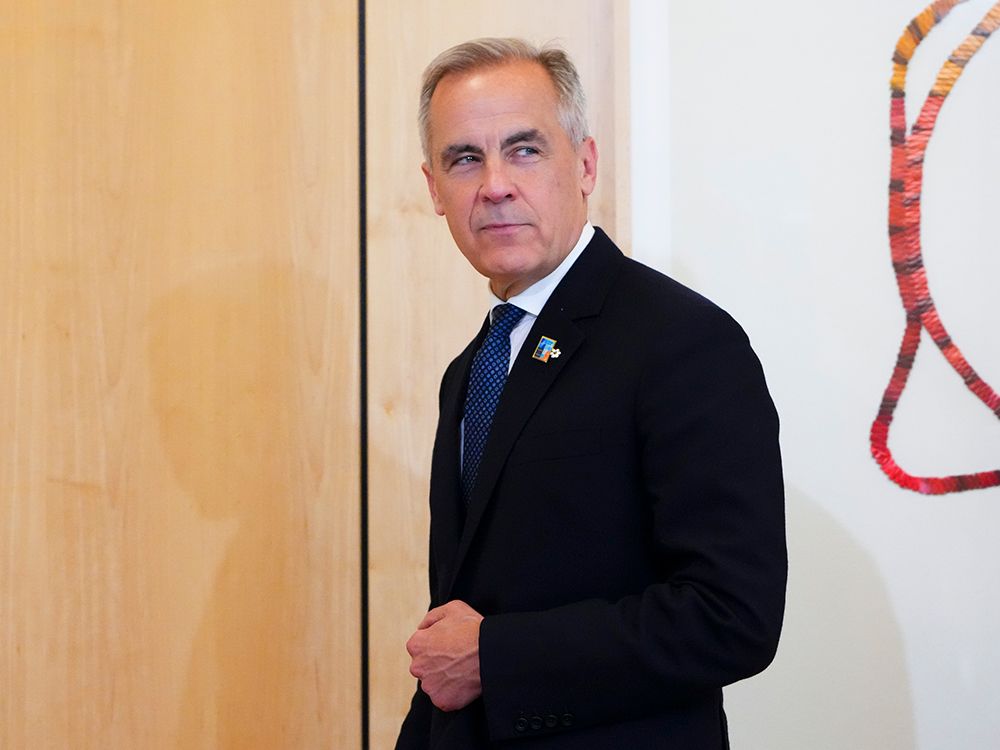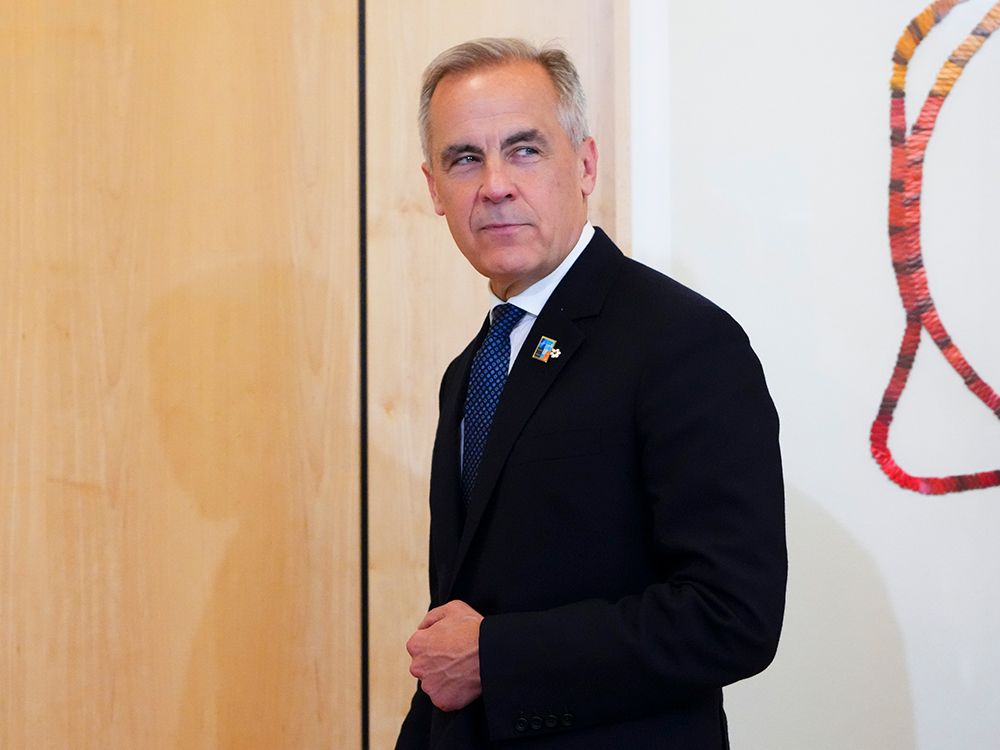
OTTAWA — The Senate adopted Prime Minister Mark Carney’s internal trade and major projects bill without amendments on Thursday, making it the first government bill to pass through all stages during the spring sitting of Parliament and receive royal assent.
That means that Carney will make good on his election campaign promise to eliminate all federal barriers to interprovincial trade by Canada Day to have “one Canadian economy.”
Bill C-5 has two parts. The Act to enact the Free Trade and Labour Mobility in Canada, which had support across party lines in the House of Commons, aims to eliminate internal trade and labour mobility barriers in Canada.
The Building Canada Act, which would give cabinet sweeping powers to fast-track natural resource and infrastructure projects deemed in the national interest, has raised considerably more concerns from Indigenous peoples and environmental groups.
To speed up the legislative process, the Senate conducted a “pre-study” of C-5 last week as the bill was being studied in a House of Commons committee. It was
adopted at third reading in the House by a majority of MPs last Friday.
Amendments were made to the bill by opposition parties in a bid for more transparency and to exempt federal laws such as the Indian Act from being circumvented to approve major projects. Still, some Indigenous groups claimed their treaty rights might not be respected.
Mi’kmaq Senator Paul Prosper attempted to stall the rapid adoption of C-5 by moving an amendment that the bill include the principle of “free, prior and informed consent” from First Nations, Inuit or Métis peoples before nation-building projects can move ahead.
“I am confident that, by investing a few more months into this bill and ensuring that rights holders had an opportunity to share their thoughts and offer renditions, we would have seen this bill pass with overwhelming support. But I suppose now we will never know.”
Quebec Senator Pierre Dalphond argued that the government had to take “bold action” quickly with C-5 to reinforce Canada’s economy and create jobs, given the current trade war caused by U.S. President Donald Trump and the layoffs occurring as a result.
“I trust the courts to stand firm and intervene if the government falls short of its obligations to our Indigenous peoples,” said Dalphond, a former court of appeal judge.
Prosper’s amendment was defeated, as were all the other proposed amendments in the Senate. Having the upper chamber propose amendments to C-5 would have forced MPs to return to the House to vote on them before the bill could receive royal assent, expected Friday.
Many senators complained about the rushed process to adopt C-5, which did not leave them with enough time to properly review the legislation.
“I wish that we had not rushed this bill,” said Paula Simons, a senator from Alberta, in a speech. “I wish the Senate had been allowed to provide true sober second thought, to assure Canadians that this was the best possible legislation.”
Her Quebec colleague, Julie Miville-Dechêne, said, either way, the Senate was “stuck.”
“When we propose improvements to a bill, we’re told we don’t have the legitimacy to do so because we are unelected. When a bill is quickly passed, as is, we’re told that this demonstrates our complete uselessness,” she lamented.
A new Angus Reid Institute poll shows that C-5 has broad support among Canadians, although there are some concerns about how major projects will be approved.
“This is not a carte blanche. When asked about specific elements of the bill… there is some pushback, particularly around the trade-off of shortened environmental assessments in the name of speeding up approval,” said Angus Reid president Shachi Kurl.
The data show that nearly three-quarters of Canadians (74 per cent) said they support fast-tracking projects. Half (49 per cent) of respondents said they oppose bypassing environmental reviews, and 30 per cent are opposed to overriding provincial oversight.
Kurl said there might be potential regional downfalls in condensing environmental reviews. “Quebecers and British Columbians in particular are concerned about the notion of a so-called ‘national override’ (to) see projects to the finish line,” she said.
A majority of Canadians (59 per cent) believe major projects should require consultation from Indigenous communities, but they should not be offered a full veto to block them.
“Ultimately, it will come down to which projects are proposed, where, and whether enough of a political and social coalition can be built to see them through,” said Kurl.
Angus Reid conducted the online survey from June 20-23 among a randomized sample of 1,619 Canadians. The margin of error is more or less two points, 19 times out of 20.
National Post
calevesque@postmedia.com
Our website is the place for the latest breaking news, exclusive scoops, longreads and provocative commentary. Please bookmark nationalpost.com and sign up for our daily newsletter, Posted, here.
